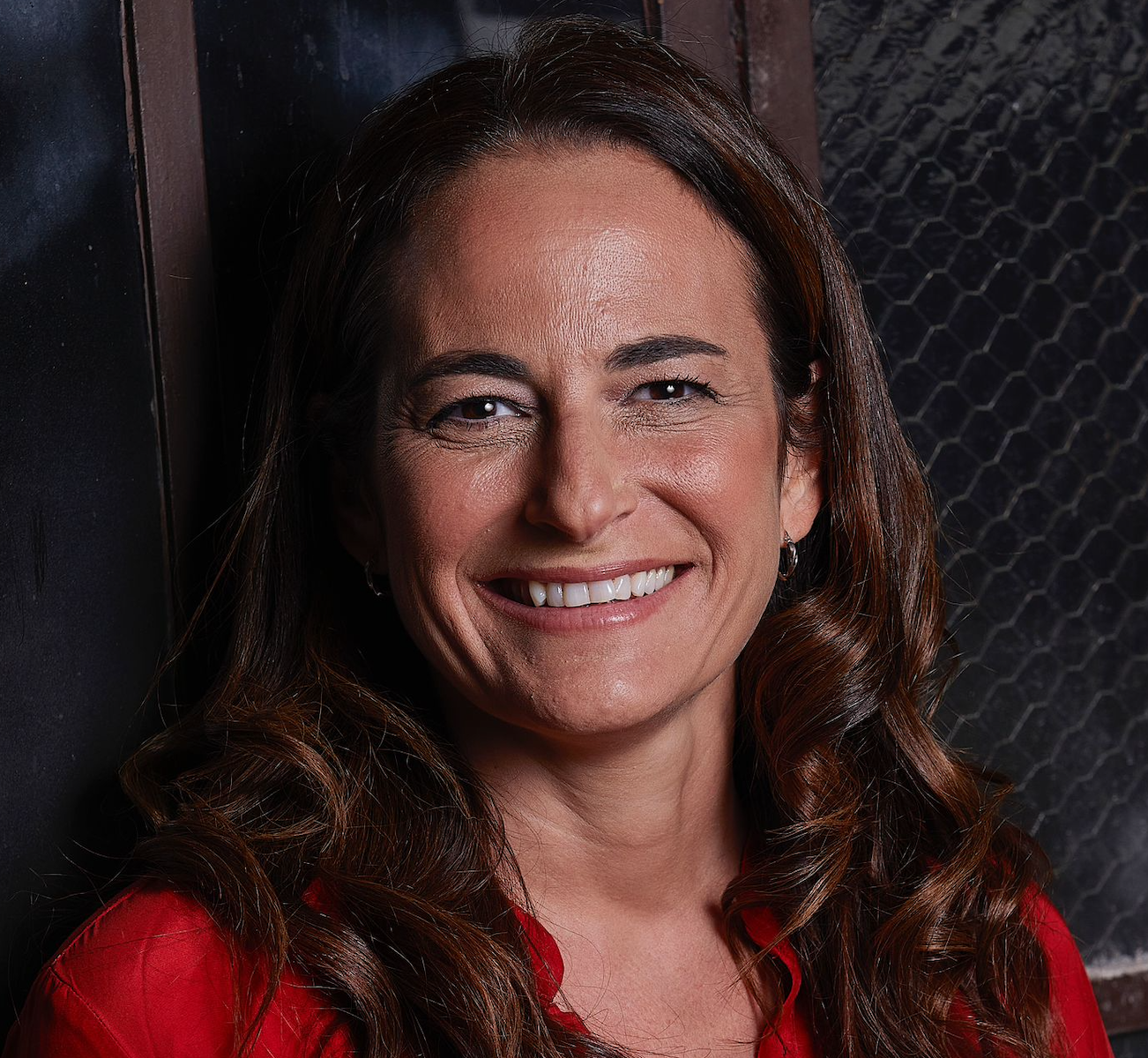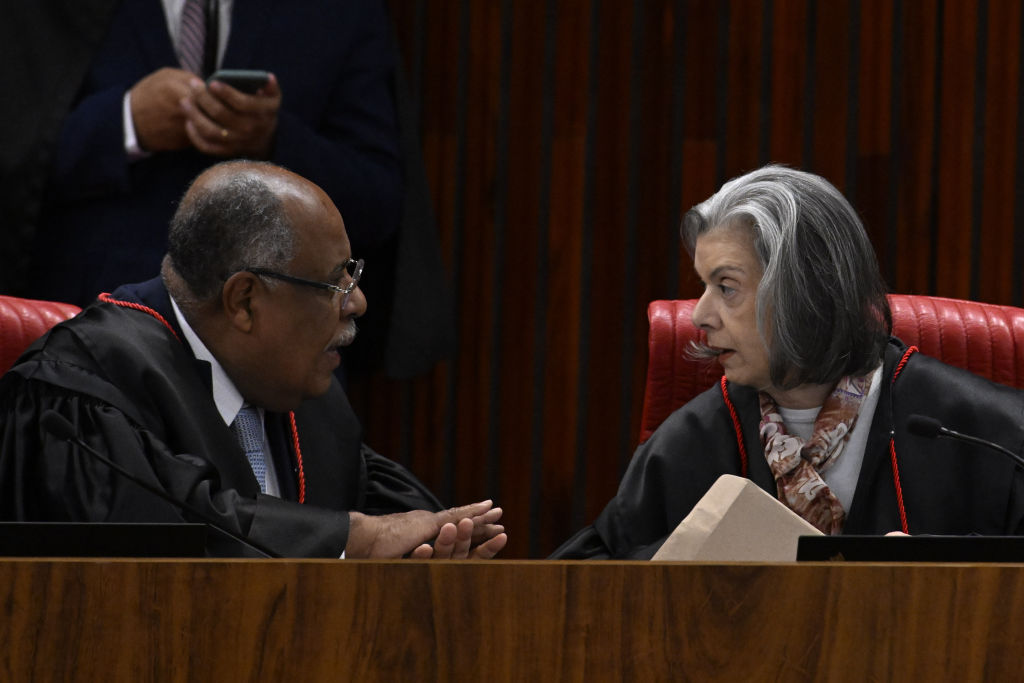In Latin America today, traditional coups are no longer the biggest threat to liberal democracy. More perilous are democratically elected leaders who, once in power, deliberately and gradually undermine basic guarantees, such as judicial autonomy, electoral integrity, independent press work and free expression.
These quasi-authoritarian leaders may undermine judicial independence to perpetuate themselves in power, to avoid accountability or to push through their agenda. Their chances of succeeding are higher without an independent judiciary acting as a check on executive power, as we can clearly see with the recent attempts to undermine Guatemalans’ election of Bernardo Arévalo as president.
However, some budding authoritarian leaders have had a hard time getting their way, as the judiciary in several Latin American countries has proved itself to be the best line of defense against democratic backsliding. The role of an independent judiciary in protecting people’s right to vote in free and fair elections is essential.
In Brazil, the federal justice system, which includes the country’s electoral court, upheld electoral results and ensured free and fair presidential elections in 2022 in the face of unfounded allegations of fraud and personal attacks on Supreme Court justices by former President Jair Bolsonaro. The Brazilian Supreme Electoral Tribunal recently went a step further and forbade Bolsonaro from running for office for eight years, finding him responsible for “abuse of authority” and “improper use of the media” after he participated in a televised meeting with foreign ambassadors in which he made baseless claims about Brazil’s electronic voting system.
In Mexico, the Supreme Court has declared unconstitutional a series of decrees backed by President Andrés Manuel López Obrador and his Morena party that would have severely undermined the independence of the country’s well-respected National Electoral Institute (INE) in advance of state elections this year and presidential elections in 2024. The proposal cut INE’s professional personnel by over 80 percent, severely limited its ability to monitor elections and would have allowed the executive to interfere with INE’s budget, structure and internal decisions. (The president has announced other proposals that would undermine judicial independence, so the battle for Mexico’s democracy is not over.)
In Guatemala, the Constitutional Court and the Supreme Electoral Tribunal played a key role in ensuring that Bernardo Arévalo was able to participate in the second round of the presidential election on August 20. Despite widespread corruption, weak institutions and blatant attempts by those in power to manipulate the electoral outcome, Arévalo, from the anti-corruption political party Semilla, won the presidential election, probably because no poll predicted he would make it to the second round. If they had, he most likely would have been disqualified on questionable grounds, as were other candidates who challenged the status quo and rose in the polls.
While an electoral tribunal deals with electoral matters in Ecuador, the Constitutional Court played a crucial role in enabling the current electoral cycle, amid dire security conditions. After President Lasso invoked the so-called muerte cruzada constitutional provision to dissolve Congress and call for early elections, members of Congress asked the Constitutional Court to review this move and halt early elections. Despite political pressure, the court declined to do so, citing the Constitution. A presidential runoff is scheduled for October 15.
In certain cases, however, the recent behavior of some judicial system actors has been questionable. Some of the tactics used by Brazil’s Supreme Court to protect Brazil’s democracy were criticized—for instance, for going too far in limiting free speech by blocking dozens of accounts and thousands of posts on social media, in a process with limited transparency. Guatemalan Attorney General Consuela Porras, who faces international condemnation for her corruption and brazen attacks on the rule of law, continues to implement a legal strategy trying to stop Arévalo from assuming office in January, which Arévalo himself has called an attempted coup d’etat. It remains to be seen how judges, some of whom have issued politically-motivated rulings, will respond. Despite several reforms that improved the independence of key judicial institutions in Ecuador, after their autonomy was severely damaged during the Rafael Correa presidency, there are ongoing reports of political actors and local judges misusing judicial recourses for political purposes.
An extreme case of political interference is the judiciary is El Salvador, where presidential elections are scheduled for February 2024. The Bukele administration arbitrarily dismissed independent Supreme Court justices and the attorney general in 2021 and packed the court with allies. Not surprisingly, the pliant Constitutional Chamber of the Supreme Court ruled that Bukele can run again despite a constitutional prohibition on reelection and prior case law from an independent Constitutional Chamber upholding the prohibition.
In order for the judiciary to serve as a bulwark against democratic backsliding, transparent and merit-based appointment and removal processes along with tenure protection are critical. Courts must also have both financial and administrative independence. And when judges are under assault for protecting democracy, they benefit from international attention and support.
Politicians should not pull courts into the political arena. And judges should understand their rulings have political implications, but they are not politicians. This is a very delicate balance to strike, but when courts get it right, their contribution to strengthen fragile rule of law can go a long way. Democrats from across the ideological spectrum should stand by them.









